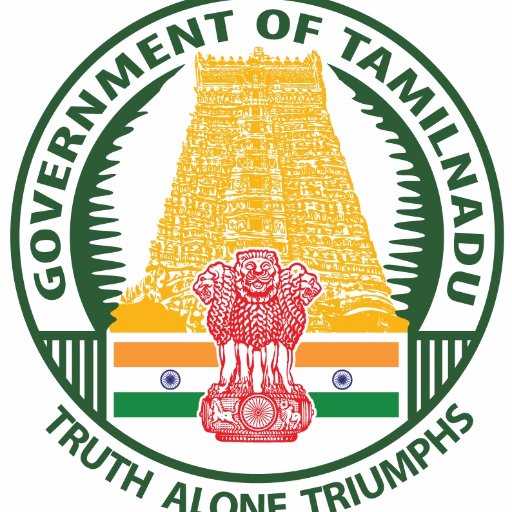Renegotiation clause to Revive Stalled PPP projects
 In a bid to revive private participation in infrastructure development and thereby resurrect many major infra projects, the government is contemplating to introduce an important clause in Public-Private Partnership (PPP) projects that will enable the renegotiation of contracts. With this objective in mind, the Planning Commission has proposed the introduction of a provision to enable renegotiation in PPP contracts. This will include existing ones as well, so as to deal with contingencies.
In a bid to revive private participation in infrastructure development and thereby resurrect many major infra projects, the government is contemplating to introduce an important clause in Public-Private Partnership (PPP) projects that will enable the renegotiation of contracts. With this objective in mind, the Planning Commission has proposed the introduction of a provision to enable renegotiation in PPP contracts. This will include existing ones as well, so as to deal with contingencies.
Instances of stalled projects due to lack of Renegotiation clause:
It has been noticed that numerous existing infrastructure projects in sectors such as power, highways, airports and ports have being temporarily stalled due to various unforeseen circumstances. Besides, investors have steered clear of such projects due to the lack of provision for renegotiation of the contracts of such projects. There have been many such instances in the recent past, with GMR and GVK withdrawing from some major highway projects, with cost estimates of about Rs. 10,700 crore. More recently, Reliance Infrastructure turned their back on the prestigious Rs. 5,800-corore Airport Express line project of the Delhi Metro. The Gurgaon Expressway project has also run into rough weather due to issues between the parties concerned. Hike in input costs have also landed Tata Power and Reliance Power ina soup. Both these companies are facing an uphill task to generate profits out of their mega power projects that rely on imported coal.
Private developers press for renegotiation provision:
There is already a pertinent demand from private developers to bring in a renegotiation provision in PPP contracts. The prime reason behind this demand is due to the fact that they will be unable to predict the different contingencies that may arise during the course of entire contract period of the project, which may extend to more than 20 years. The government on its part has envisaged to attract atleast half of the $1-trillion investment allocated towards the infrastructure sector from the private sector, during the 12th Plan period, from 2012 to 2017.
Planning Commission entrusted with proposal to revise PPP model:
Following the failure of many major infrastructure projects, the Cabinet Committee on Economic Affairs had in July, 2013, entrusted the Planning Commission to implement a proposal to strengthen the PPP model, so as to revive many projects that are stalled. The instances under which the proposed force majeure clause will be taken into consideration are when the project becomes less lucrative or when an eventuality arises which could not have been predicted by a normal prudent person, and with no immediate remedy to the crisis at hand. There are various considerations that have to be taken into account before renegotiation is thought of. The decision taken has to be based on fair and transparent justification, relegated to specific issues which are to the point, which can be quantifiable and restricted with regards to relief, and needs to be undertaken only in case there are no other effective remedial measures available.
Discussion paper to address contingent liabilities:
It has been proposed that a discussion paper on renegotiation of contracts would be prepared and presented by the finance ministry, in consultation with the Plan panel. This process would involve sticking to international best practices as well as prolonged consultations with the World Bank. The discussion paper thus prepared would be presented before the Cabinet within three months. The Planning Commission felt that PPP projects could result in contingent liabilities, thereby affecting future budgets. Hence, it requested the finance ministry to include an appropriate recommendation regarding how contingent liabilities should be treated in the annual financial statement, along with its discussion paper.







